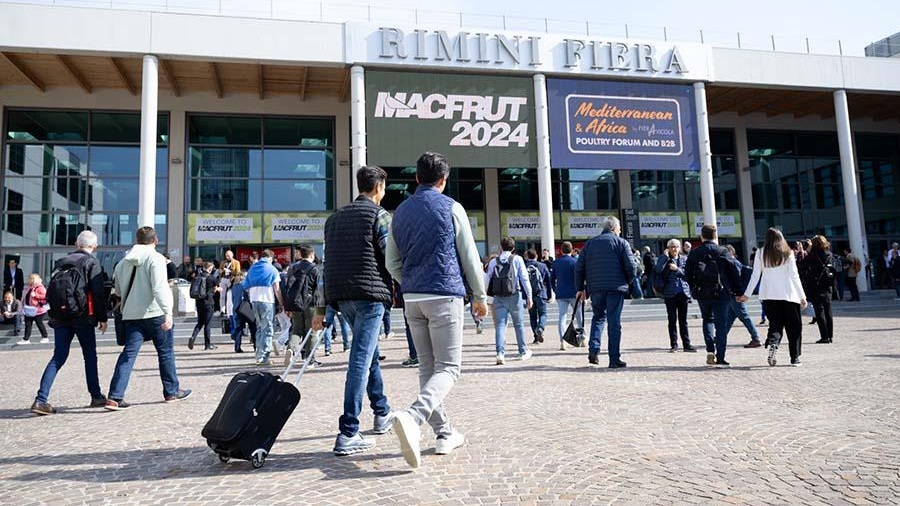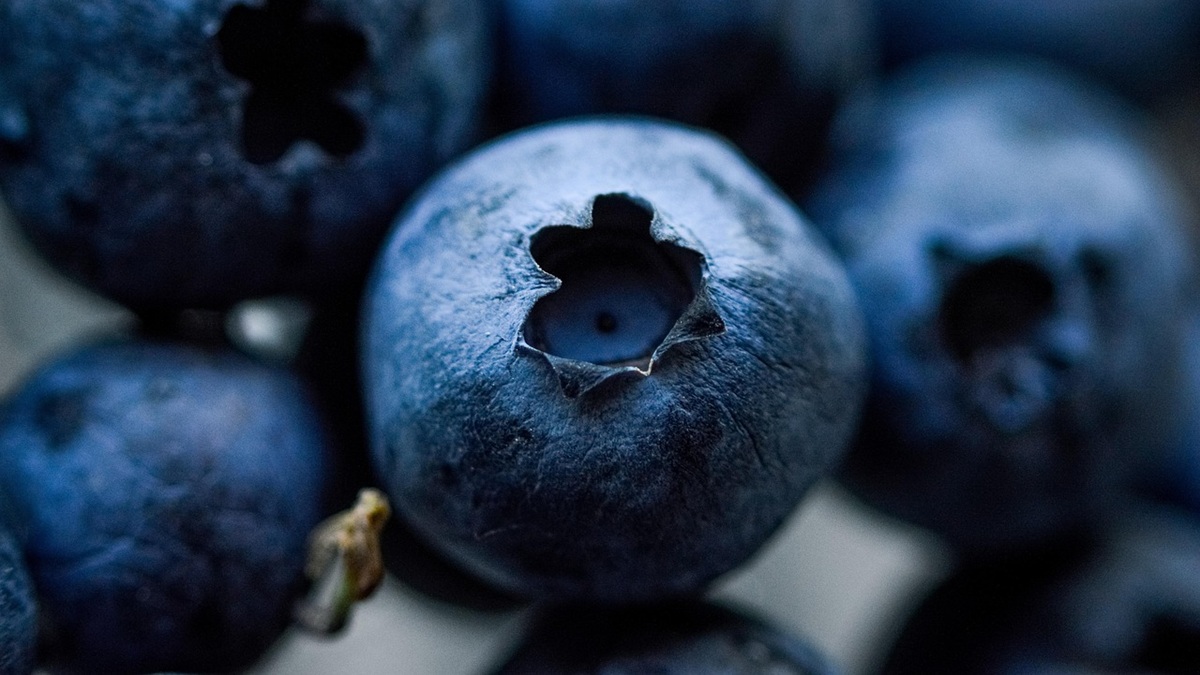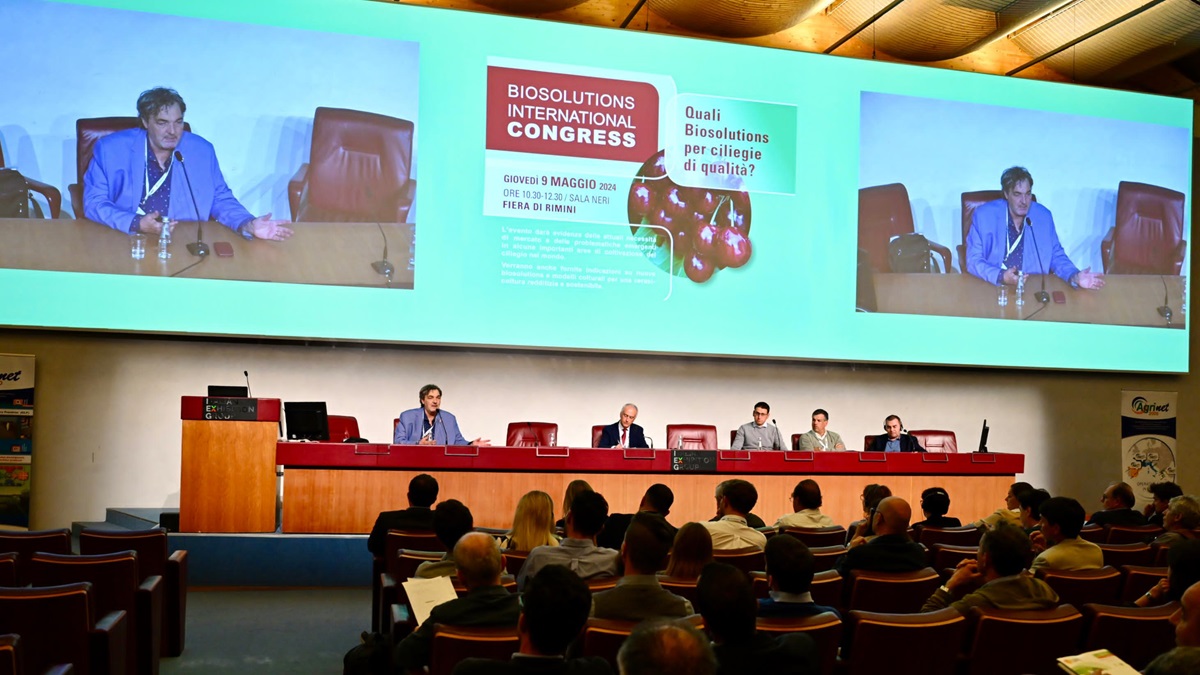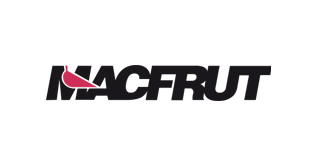

Macfrut
Services
Macfrut, Daily 9th May
.jpg)
On the second day of Macfrut, the international fair for the fresh produce sector taking place until tomorrow at Rimini Expo Center, the spotlight is on innovations in biosolutions and varietal research in the table grape sector. The Agricultural Transformation Program of the Democratic Republic of Congo was also presented.
Biosolutions Innovation Award
Product innovation was awarded in the fourth edition of the Biosolutions Innovation Award, part of the Biosolutions International Event at Macfrut, which has become the European reference point for the sector with around seventy participating companies. Coordinated by Agri2000 net, the scientific partner of the event, two innovations were awarded by the scientific committee: VYNYTY Pro Press by Bayer and YaraMila NUTRI by Yara.
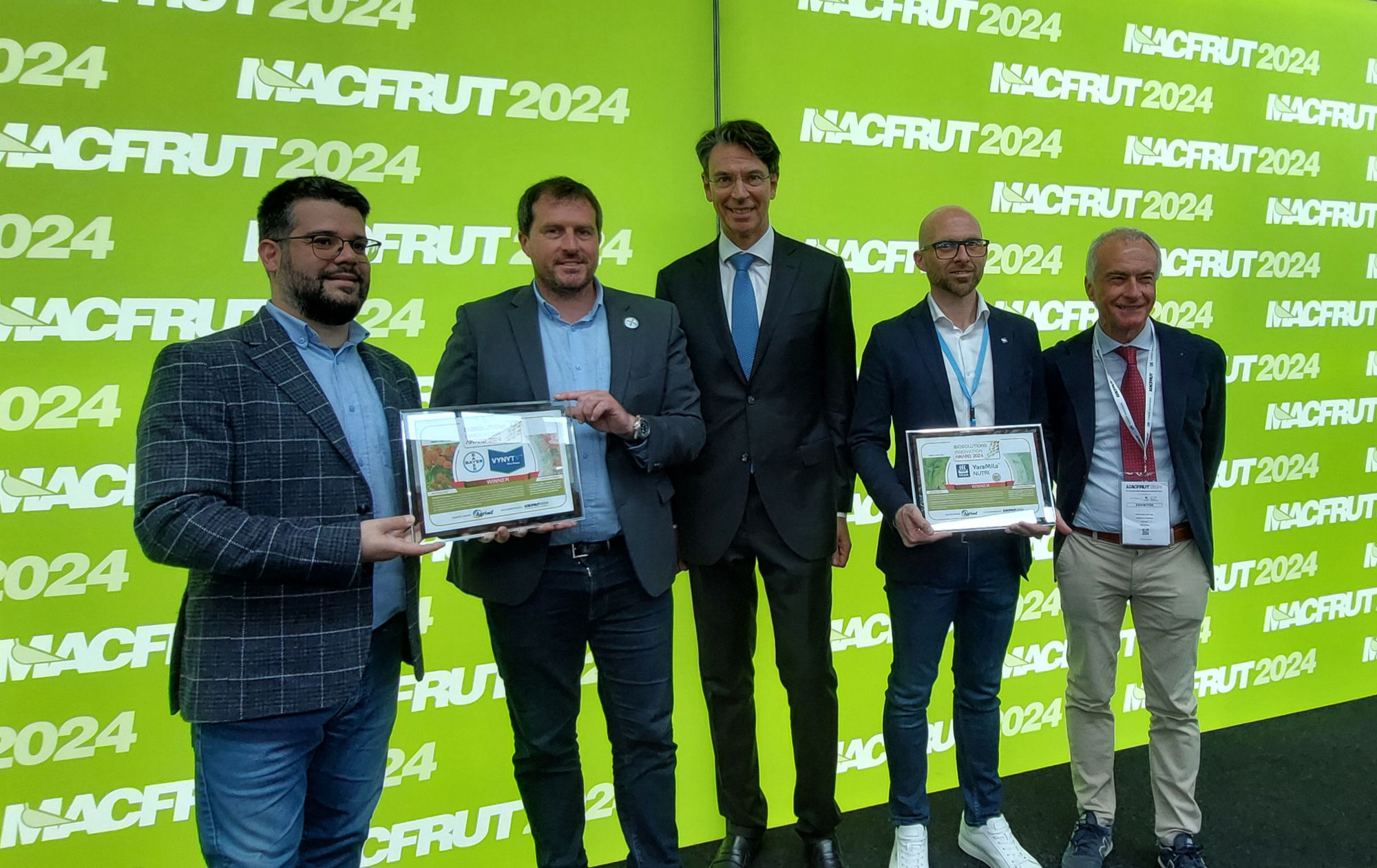
In detail, VYNYTY Pro Press enhances the effectiveness of sexual confusion in tomatoes and peaches thanks to its longer treatment duration, ease of use, and the product's high sustainability as it naturally degrades in the environment at the end of its life cycle.
The other innovative product awarded is YaraMila NUTRI by Yara. Used in horticultural crops, it enhances root system growth and allows for better absorption of nutrients at low dosages.
Macfrut Table Grape Symposium
Nuvau and Italian Club Variety, two of the three Apulian breeders specializing in the varietal improvement of Italian table grapes, are working towards a fundamental goal for the Italian table grape sector: to have an 'Italia' early grape variety that is consistent in both qualitative and quantitative properties. This is one of the main highlights arisen at the Macfrut Table Grape Symposium, an opportunity to assess the state of the art in research in this strategic sector for Italy.
Among the latest agronomic techniques presented are the so-called 'embryo rescue' and an innovative field technique that even anticipates production as early as May.
Bruno Mezzetti, Professor at the Polytechnic University of Marche and coordinator of the Symposium, says:
"On the first day of the Table Grape Symposium, all public and private research programs dedicated to table grapes both by Italian and international institutions were discussed."
All major breeders were present at the event, announcing the launch of new varieties within the next year. However, local research is also thriving, as the two Apulian breeders, Nuvaut and Italian Club Variety, announced plans to launch around twenty new varieties each within the next year. The trend is towards developing predominantly seedless grapes, early or late varieties, suitable for cultivation in the southern regions of the country, ensuring both yield and quality.
Italian Club Variety presented its tests on the so-called "embryo rescue" technique based on in vitro techniques. The goal is to develop the embryo in vitro before degradation occurs. This is achieved through planned crosses and identifying the ideal time to harvest it while it is still viable. Compared to the work of major breeders, the work of small Apulian ones involves seeking out ancient native varieties that can create supply chains with a distinct territorial identity if nursery material is available.
The world of table grape nurseries is also undergoing a revolution. Those who do not adapt to these market revolutions risk being left behind. Vitroplant revolutionizes the world of rootstocks by combining micropropagation techniques for both grape plants and rootstocks planted when they are green and therefore not woody (and thus vectors of phytopathologies) like those traditionally used. This system ensures unquestionably healthy plants.
This technique was borrowed from tomato cultivation by Israeli farmers who already use it in the field. Similar tests are also actively underway in France.
The agricultural transformation of the Democratic Republic of Congo
Today, the Agricultural Transformation Program of the Democratic Republic of Congo was presented. Philippe Ngwala Malemba, National Coordinator of Fonds Social, the implementing body of the Plan, and agronomist Alphonse Roger Ntoto illustrated the details of the ATP.
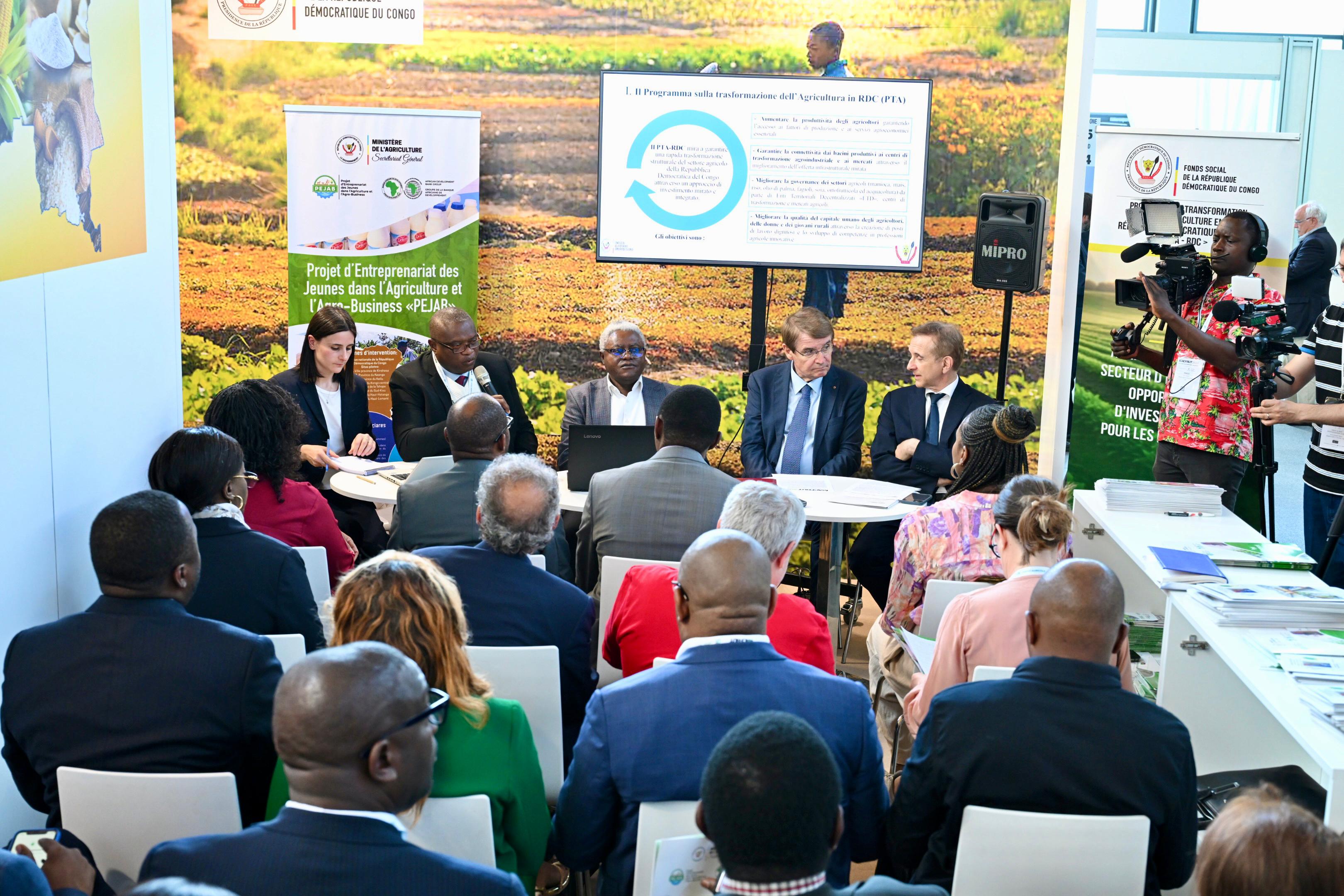
The Democratic Republic of Congo has very high potential and aims to launch partnership opportunities for Italian and European companies wishing to invest in the African state. The Agricultural Transformation Program (ATP), an investment approach aimed at increasing the productivity of farmers, originated from the National Pact for Food and Agriculture in the Democratic Republic of Congo and falls under the Presidential initiative that consecrates the 'revenge of the soil over the subsoil' as a new paradigm of resilience and national economic development. The program aims to increase the productivity of farmers through secure access to production factors and essential agricultural services and to ensure connectivity of production basins to agro-industrial transformation centers and markets. The horticultural sector represents a great potential for import substitution. In the Republic of Congo, for example, the development of the international cassava market benefits large livestock farms, and there is talk of the possibility of replacing wheat with cassava for baking, which would also be a response to the Ukraine-Russia crisis. The projects of the Republic of Congo also aim to improve investment climate and trade policy by reorganizing target sectors and their oversight. The government's goal is to reduce the value of imports by 60% within five years, estimated at nearly $6.5 billion annually. Two projects are being prepared to improve sectoral governance and the quality of the workforce and entrepreneurship and to reduce the incidence of food insecurity and food imports in the Democratic Republic of Congo.


